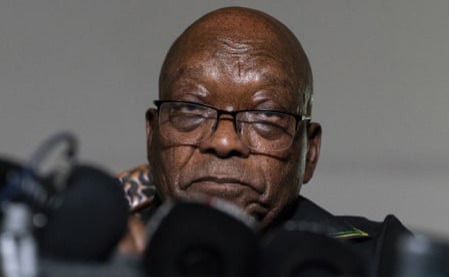- Public concerns are rising over taxpayer funds used for former President Zuma’s public appearances.
- Critics argue these expenditures reflect entitlement and call for scrutiny amid South Africa’s economic challenges.
- Supporters believe such events foster cultural engagement, sparking debate on the role and funding of former leaders.
Recent social media discussions reveal a growing public debate over the use of taxpayer funds to support former President Jacob Zuma’s public appearances. Many South Africans have expressed frustration, arguing that their tax contributions are being used to fund the security and transport for Zuma’s engagements, which often include song and dance performances. This sentiment reflects broader concerns about the perceived financial privileges enjoyed by former political figures.
A counterpoint raised by some users noted that taxpayer funding also supported former President F.W. de Klerk until his passing, underscoring a longstanding debate in South African politics: whether public funds should support former leaders regardless of their legacies. This comparison illustrates the complexities of South African public opinion, which is divided over how to balance historical contributions against current financial accountability.
Critics argue that funding for Zuma’s events promotes a culture of entitlement among political elites and question whether these expenditures serve the public interest, particularly amid economic struggles facing the country. With many South Africans dealing with high living costs and social challenges, there is a growing demand for transparency and scrutiny over how taxpayer money is spent.
Supporters, however, believe that former leaders, even those with controversial pasts, still play a role in shaping the nation’s cultural and political fabric. For them, these appearances can foster community engagement and possibly contribute to social cohesion. This view invites a deeper look into the role of former leaders in the national landscape and the potential value of their continued public presence.
As these discussions continue, it is evident that taxpayer funding for former leaders brings up essential questions about governance, accountability, and the public’s expectations regarding the financial responsibilities of past presidents.






















